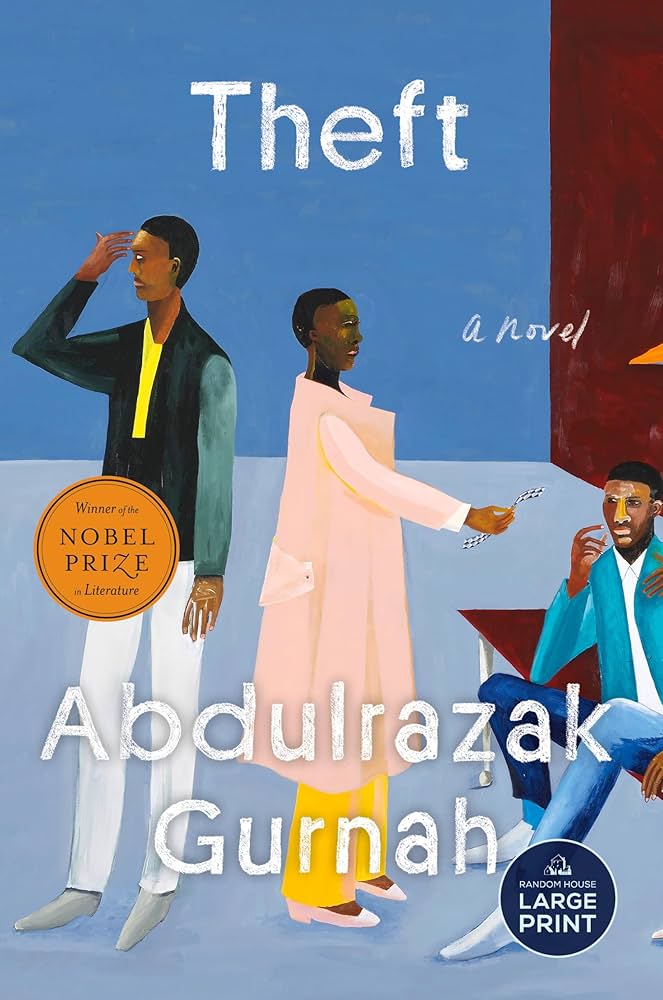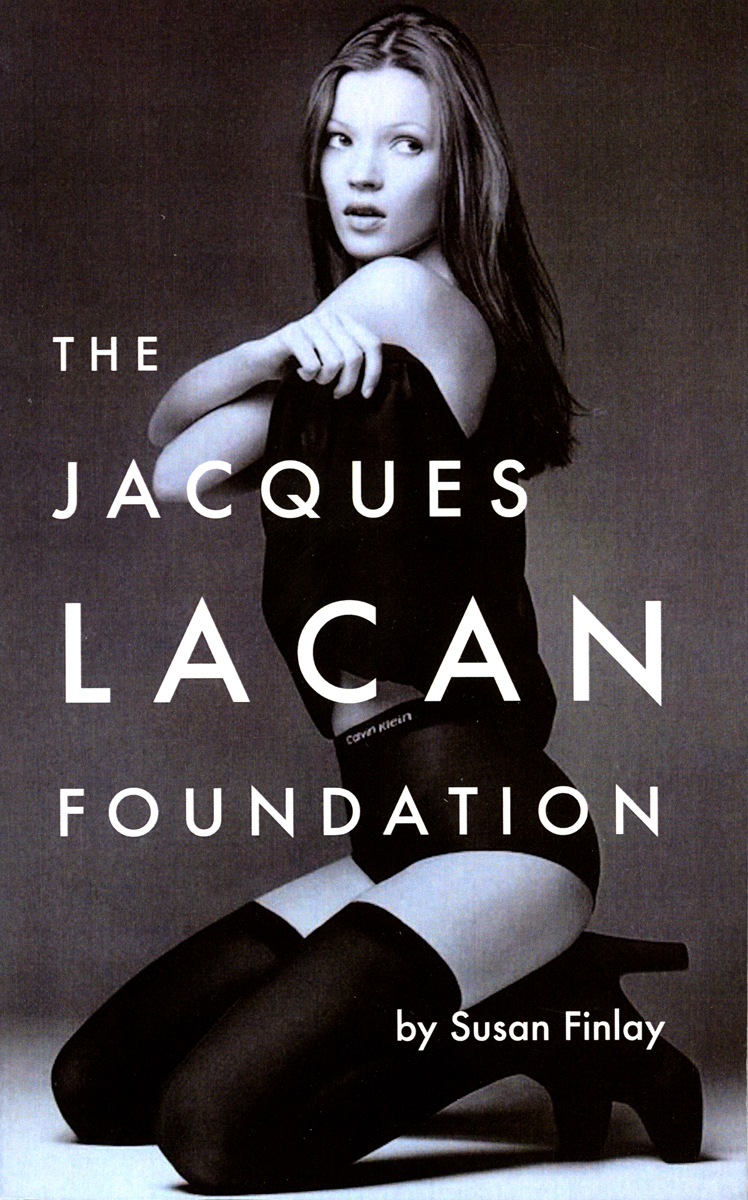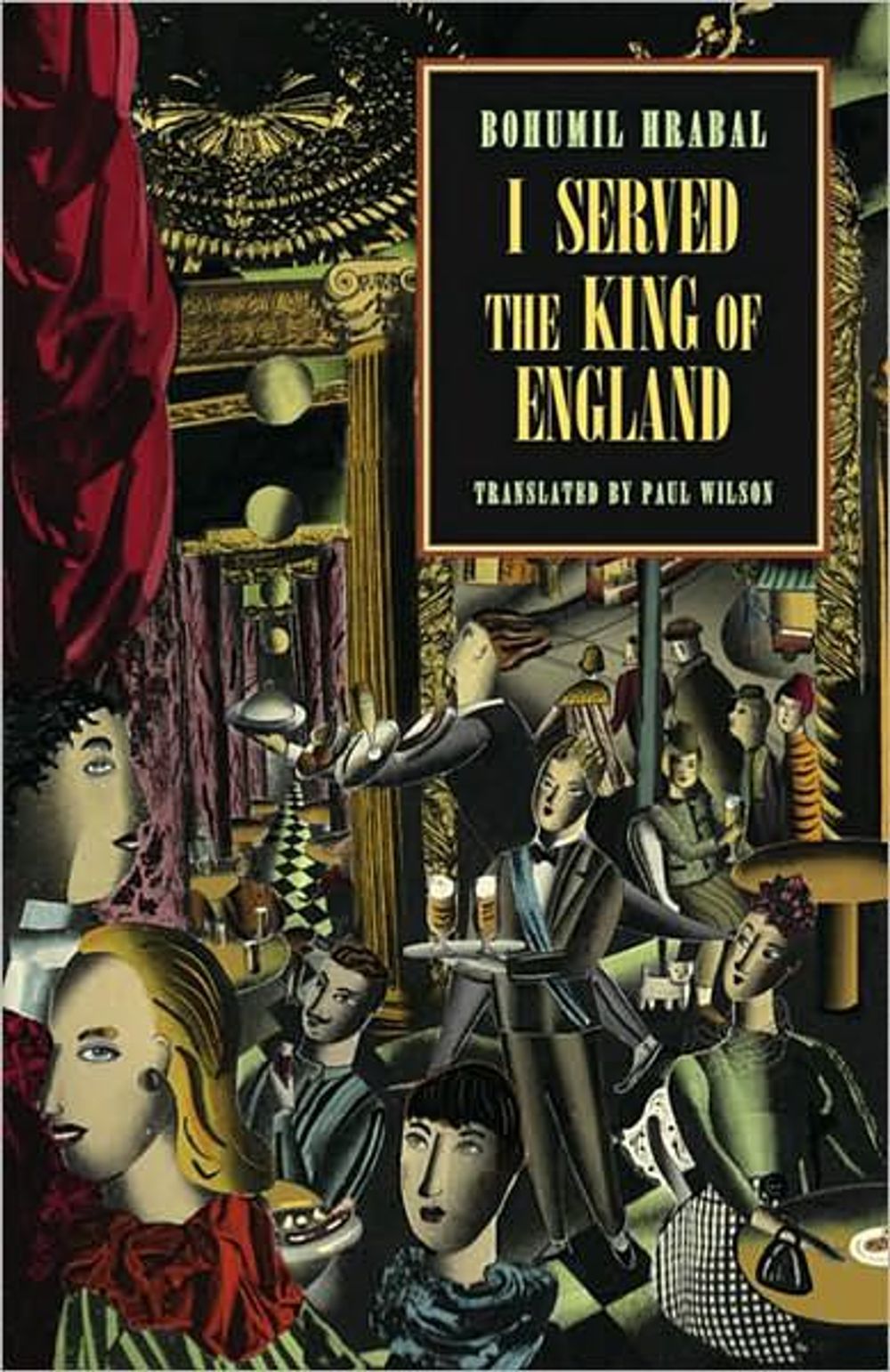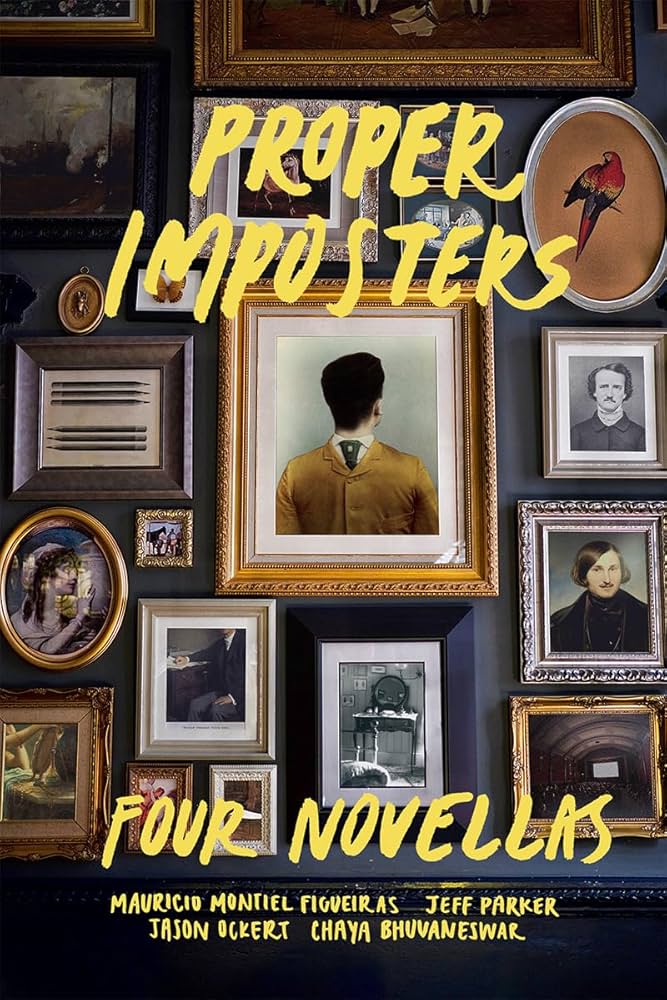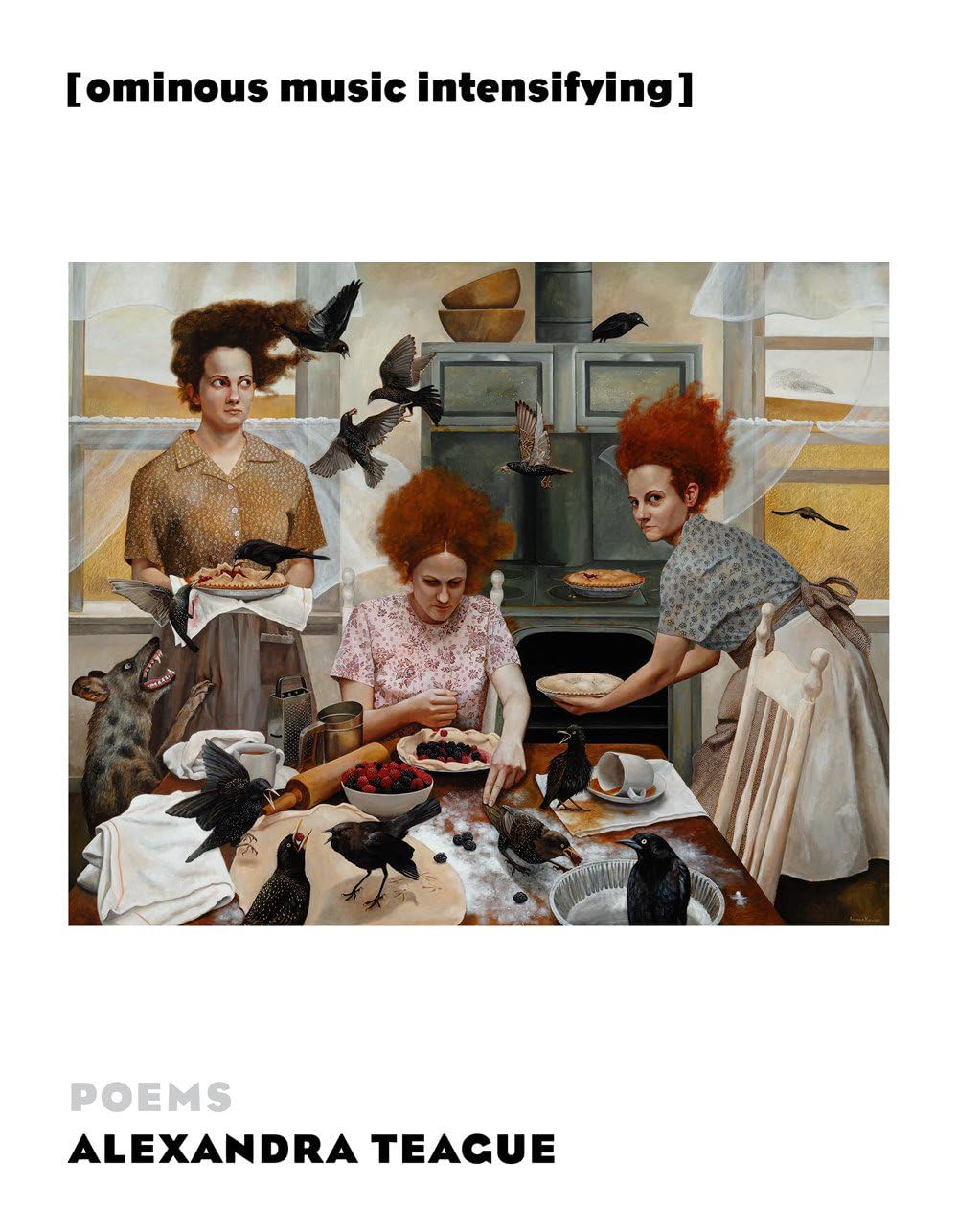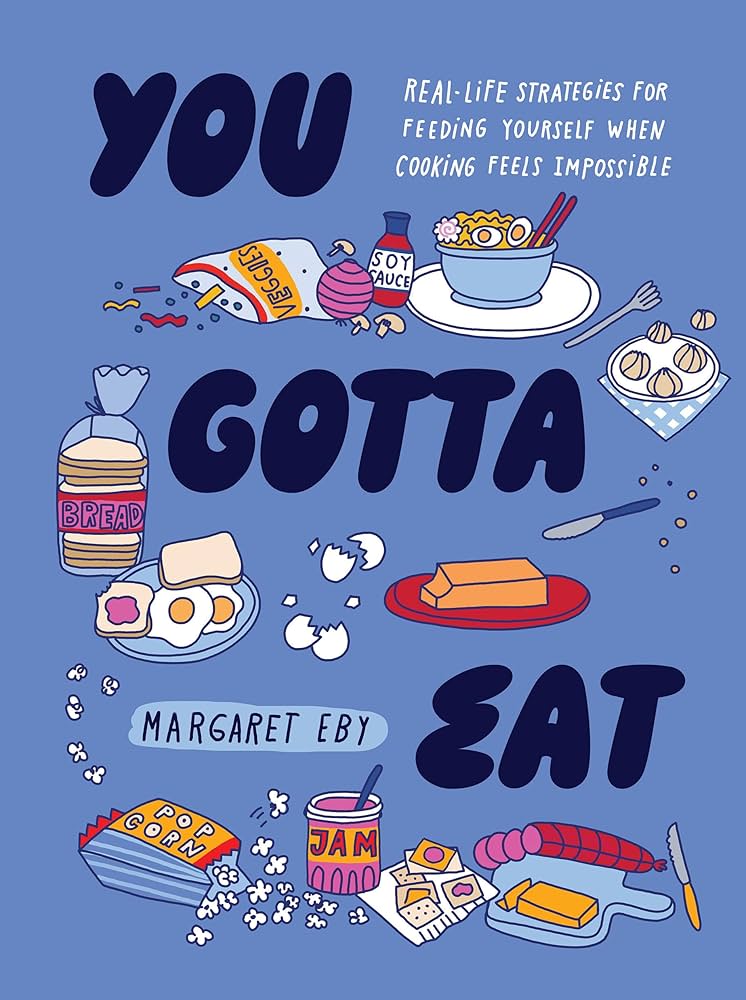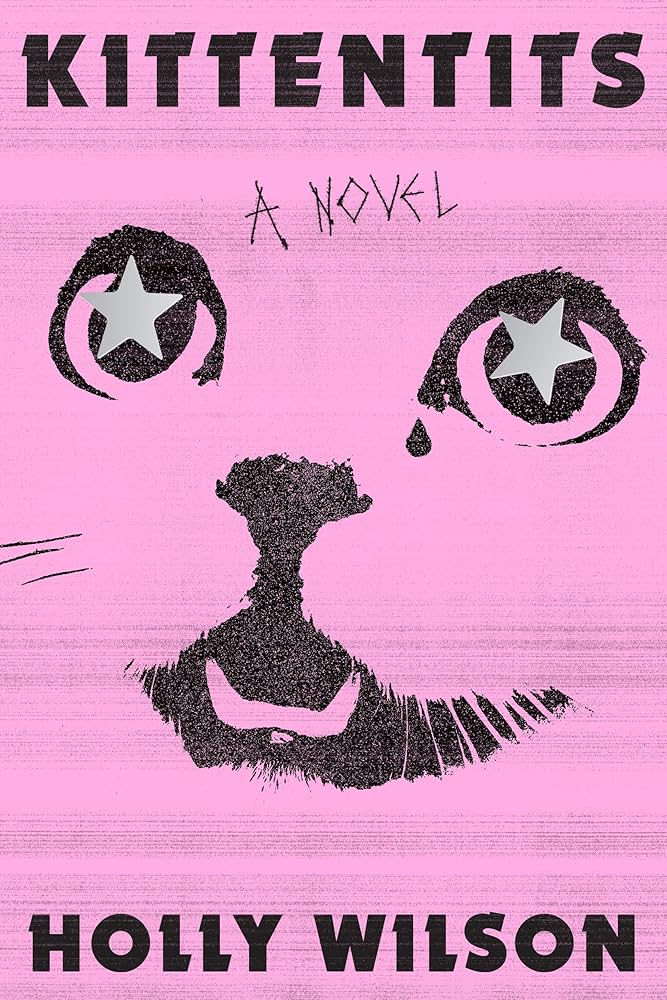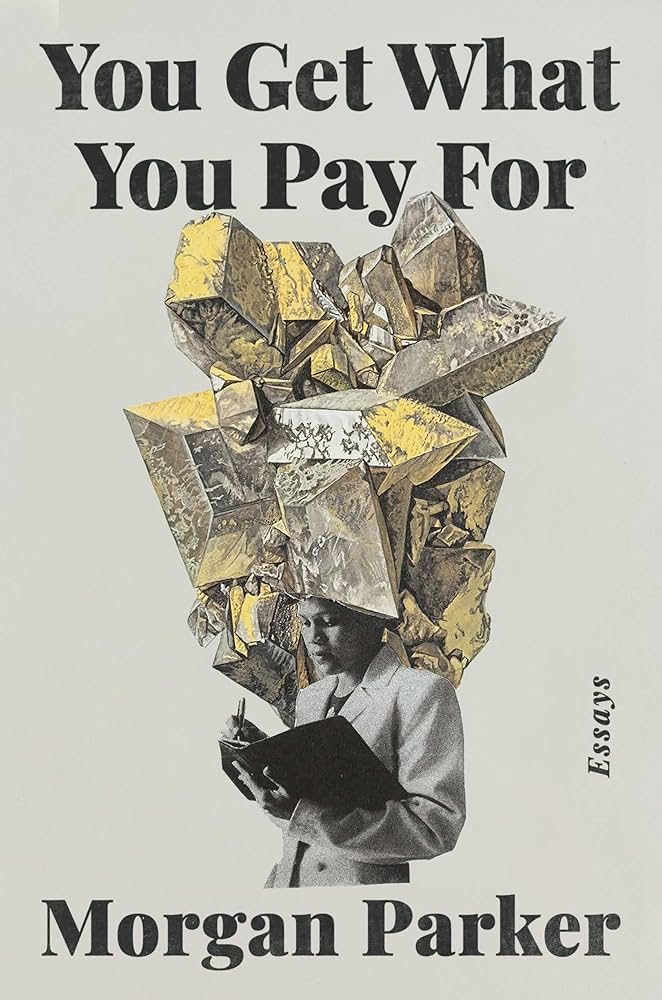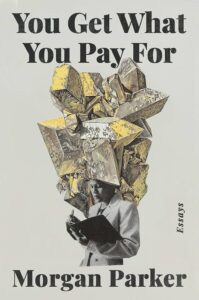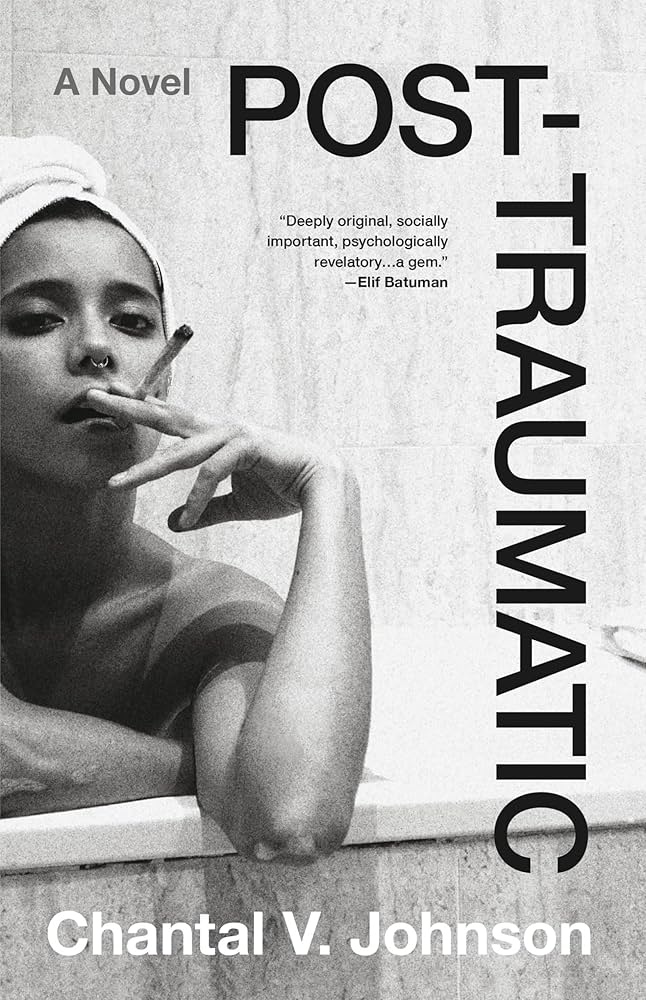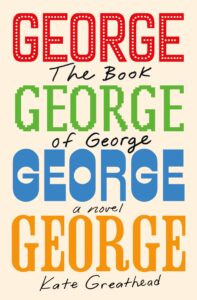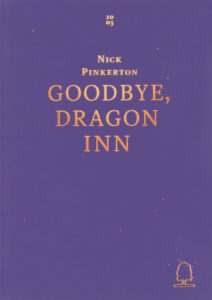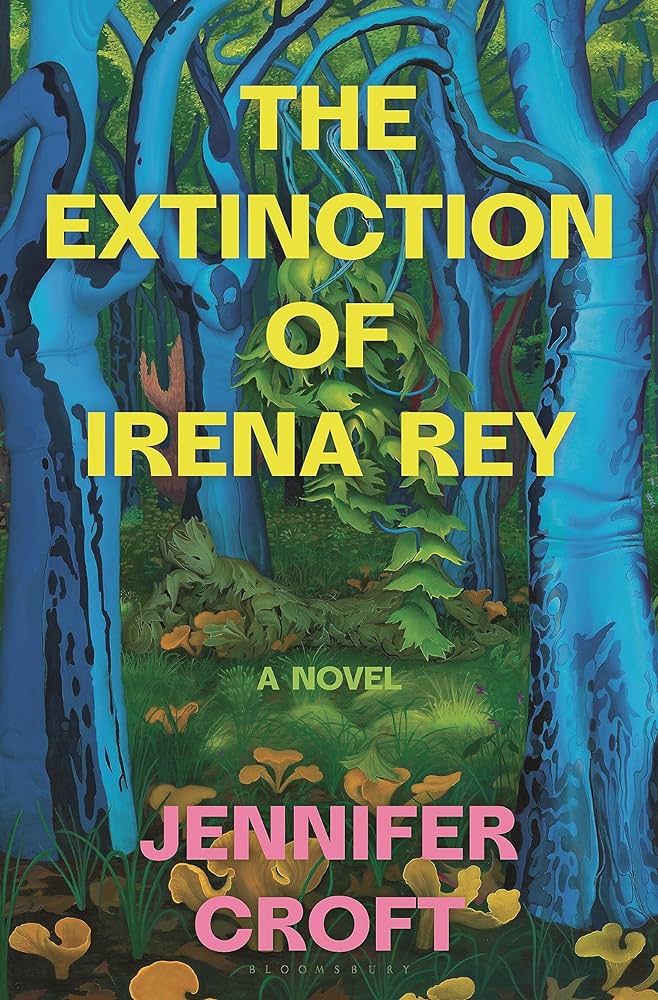Curated by SAM SPRATFORD
In this special edition of the column, JAY BOSS RUBIN shares a mini review of ABDULRAZAK GURNAH’s Theft, freshly released on Tuesday, March 18. JEANNE BONNER follows him with a novel that bears witness to the modern world from a very different angle, at the close of Nazi rule in France.
Abdulrazak Gurnah’s Theft; recommended by TC Online Contributor Jay Boss Rubin
The new novel by Abdulrazak Gurnah, Theft, is his first since he received the phone call informing him he’d been awarded the 2021 Nobel Prize in Literature. Its titular theft is open to interpretation. The plot turns decisively on an accusation of stealing. Many references to historical thievery are woven into the narrative. But the book’s most unforgettable thefts may be the central characters’ encroachments—those committed and those just contemplated—on one another’s dignity.
